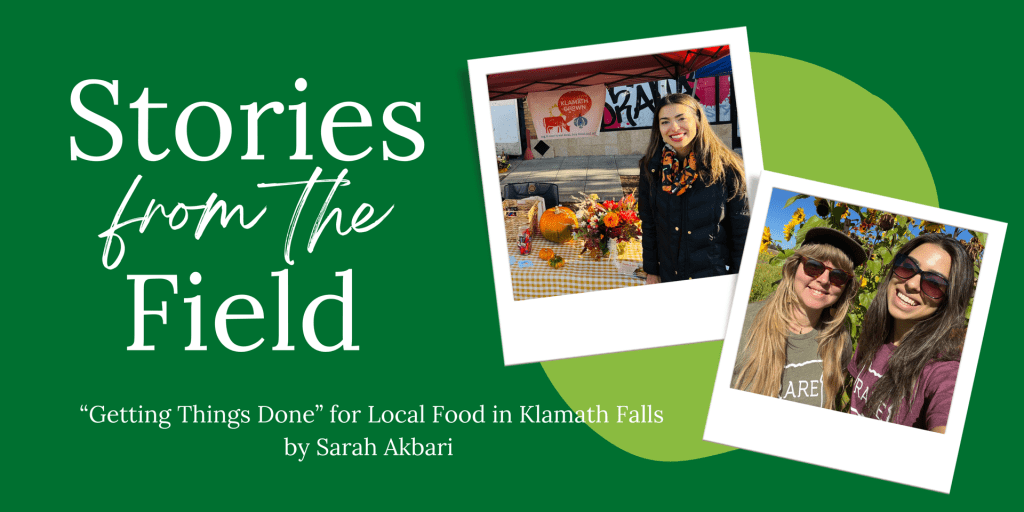By Dustin Rymph, Project Manager, South Willamette Solutions
When I came on board in September, there was a major wildfire happening just 5 miles from town. The Forest Service decided not to pursue aggressive initial attack, and instead shored up its lines of control. As line after line was crossed, and the dreaded east winds kicked up, the city was evacuated. Fortunately, and somewhat miraculously, the wind stopped blowing just before threatening to burn down the town. Still, the fire smoldered for another 6 weeks, and residents returned to a city constantly laden with
thick, choking smoke.

This smoke was the worst concentration in all of the United States, and probably the world. Seattle complained of sustained AQI of over 350, which is bad, but Oakridge was looking at daily highs of 1200; almost literally unprecedented in the history of wildfire smoke AQI. Oregon Health Authority contacted us and asked if we wanted 150 air purifiers to distribute and my supervisor didn’t hesitate to say yes. Then we found out that there were at least 5000 high-quality purifiers to be distributed, and that we could have as many as could be distributed. So, for all intents and purposes, we switched our whole operation to a healthcare supply distribution outfit.
Although I had (still have) at least 4 discrete projects to manage, our small nonprofit had no choice but to rearrange my position’s duties entirely. Because I was the only one who had volunteer credentials with the school district (and who had driven a box truck in past employment) I was tasked almost on my first day back to drive the old U-Haul to a state warehouse in Roseburg. That day would be the first of many I would spend testing my 35 year old back moving hundreds of boxes very rapidly. For the next month or so, I also spent everyday processing phone calls and applications, turning my home office into a phone banking center. One fire crew in town called us “the smoke ladies” much to the chagrin of my coworkers.

The stories we heard, and the data we collected, led us to understand that the population was even more vulnerable to this event than we expected. Children with asthma were getting terribly sick. People on oxygen machines were weakening. And in general, the psyche of the average citizen was starting to erode noticeably. People were angry, sad, and confused. Ultimately the rain finally came, and no structures in town were damaged. Although it was a terrible health crisis, I don’t think I’ve felt quite as appreciated in my every-day work. I’m glad to be back to “normal”, but I will always look back and be proud of the month that I was one of “the smoke ladies”.
About the author, Dustin Rymph: Dustin received his MS in Conflict Resolution with a Land Use Specialization from the University of Oregon in 2021. After graduating from the University of Nebraska with a Poli Sci degree in 2011, he spent the ensuing years working in Nebraska as a prairie ecologist, DIY music organizer, market farmer, high school debate coach, and doing many other odd jobs. Currently he is in his second year in RARE. He can be found in his spare time making music, gardening, foraging for wild edible plants, hiking with his partner, and throwing around a tiny tennis ball with his Chihuahua.
Interested in gaining environmental and sustainability planning experience of your own? Are you looking for a life changing experience in rural Oregon? Learn more about serving with the RARE AmeriCorps Program. Applications for Year 30 (2023-24) due April 30, 2023 by 11:59pm PDT.




